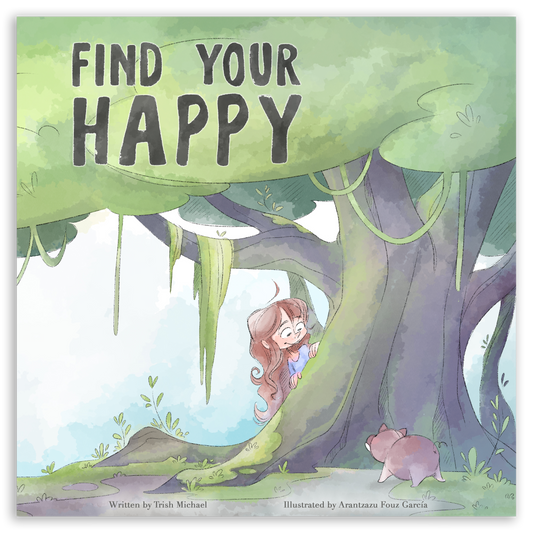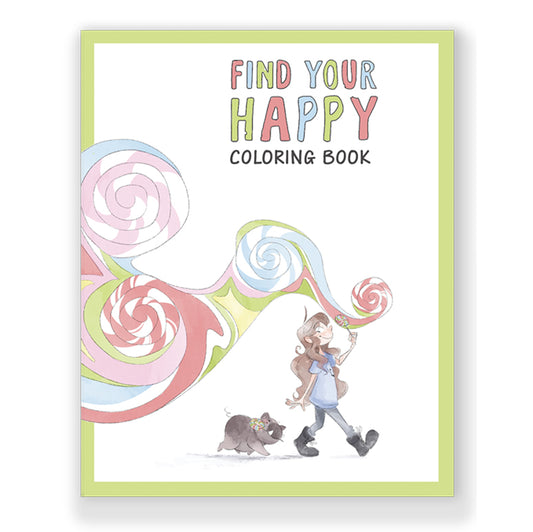Co-parenting is hard. Co-parenting with a narcissist? Exhausting, confusing... damn near impossible most of the time. You may feel like you’re constantly walking on eggshells, defending yourself from lies, or trying to undo the emotional damage left after your child’s visits.
The truth is: you can’t control how a narcissistic parent behaves. But you can protect your peace and... most importantly... help your child feel safe, loved, and resilient in the face of it all.
Here are 7 proven strategies that can help you stay grounded and keep your child’s well-being front and center.

1. Set Firm Boundaries
Narcissists thrive on chaos and emotional reactions. The more they can pull you into their drama, the more control they feel they have. Boundaries protect both you and your child.
- Decide what you will and won’t respond to.
- Keep communication short, direct, and necessary.
- Say “no” without over-explaining... you don’t owe justification.
- Your boundaries are no one's business but yours. Want a sure fire way to motivate a Narc to mess with your boundaries? Tell them what they are. Set them within you and then once they're crossed, honor yourself.
Boundaries aren't walls. They're more like permeable membranes around your emotional house. You decide who gets in, how long they stay, and what behavior is acceptable for them to remain inside. If they engage in behavior you deem inappropriate, then you act. This is an important distinction. Because walls keep people out... everyone... even people who want to help and will care for you. Boundaries put you in a place of power to let people in, and eject the ones who no longer deserve to be there.
2. Document Everything
When dealing with a narcissist, assume you’ll need proof someday. Whether it’s for court or simply for your own clarity, documentation is your shield.
- Save all texts, emails, and voicemails.
- Communicate only through writing when possible.
- Use co-parenting apps (like OurFamilyWizard or TalkingParents) that timestamp interactions.
Documentation not only protects you legally, it also helps you detach emotionally... you’re collecting facts, not fighting battles. This also makes you think twice about how YOU respond.
3. Communicate Like a Business
Imagine you’re running a company, and your co-parent is simply a difficult client. That’s the tone you want to adopt: professional, calm, and to the point.
- Stick to facts (“Soccer practice is at 4pm”) instead of feelings (“You always make this so difficult”).
- Use neutral language, no matter how inflammatory their tone is.
- Keep it brief: less is more.
The less emotional fuel you give them, the less power they have.
4. Don’t Defend Yourself to the Narcissist
One of the hardest truths to accept: you will never convince a narcissist to see your side. Explaining, defending, or arguing only drains you and gives them more opportunities to twist your words.
Instead, remind yourself: My energy belongs to me and my child, not to proving myself to someone committed to misunderstanding me.
5. Validate Your Child’s Experience
Children of narcissists often feel invisible, confused, or like everything is their fault. What they need most is a safe parent who sees, hears, and believes them.
- When they share, listen without judgment.
- Reassure them: “It’s okay to feel that way. Your feelings matter.”
- Never dismiss their experience, even if it’s hard to hear.
Validation doesn’t mean badmouthing the other parent... it means creating an environment where your child’s inner world is safe and real. Their feelings are valid. When I didn't know what else to say... that's what I said... "Your feelings are valid."
6. Build a Strong Support System
Co-parenting with a narcissist can feel incredibly isolating. That’s why you need people who remind you that you’re not crazy, not alone, and not powerless.
- Therapy or coaching for yourself and your child.
- Friends or family who truly “get it.” So many people do NOT understand what it's like to deal with the Narcissist, during or post divorce. They'll think they're helping or being supportive, but they can really just make you feel worse. Only listen to those who truly understand what it's like to deal with a Narc ex-spouse.
- Online communities of other survivors of narcissistic abuse.
Leaning on others gives you strength and models for your child that it’s okay to ask for help. Many hearts make light work.
7. Focus on Your Child’s Resilience
You can’t erase the narcissist’s influence, but you can equip your child with the tools to survive and even thrive. Teach them that they are enough, that their feelings matter, and that they don’t have to shrink themselves to be loved.
This is where healing begins.
For Your Child: A Safe Space in Story
You can’t control the narcissistic parent, but you can give your child stories, tools, and love that help them feel grounded and safe.
That’s why I wrote my children’s books; to be a tools for emotional safety for my own kids. Kids who read them feel seen, validated, and hopeful, even in the most difficult situations.
✨ Each story helps kids:
- Recognize their feelings without shame
- Build confidence and self-worth
- Learn they are not alone
Because while you can’t change the narcissist, you can change how you and your child feel about yourselves... and that’s the most powerful gift of all.









